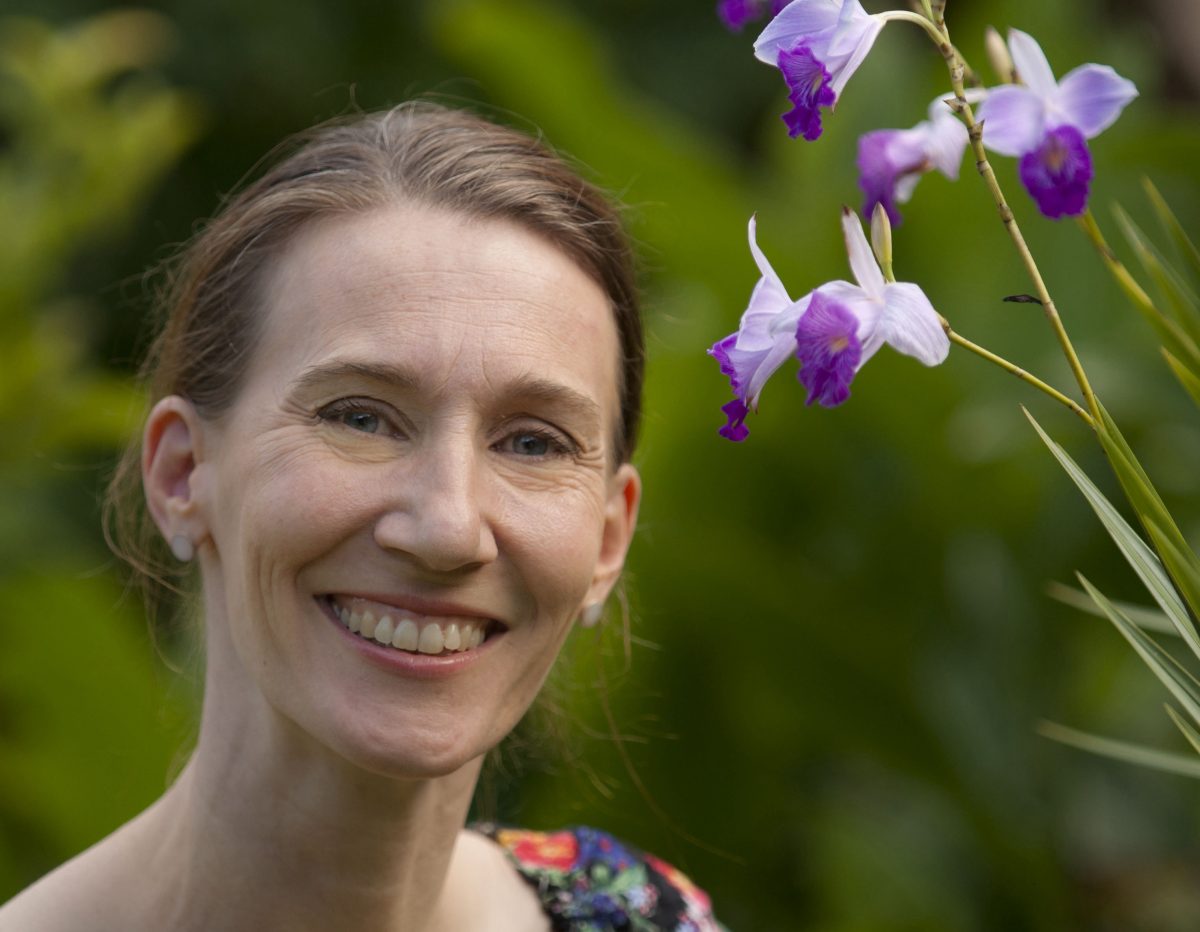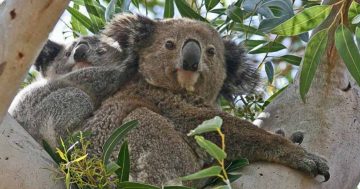
CSIRO orchid researcher Dr Katharina Nargar was among the 200 researchers based across 30 countries whose work formed the basis of the 2023 report. Photo: Tapio Linderhaus.
Up to 45 per cent of all known flowering plant species could be under threat of extinction, according to a new report co-authored by a CSIRO researcher.
Royal Botanic Gardens Kew’s annual report allows researchers and conservationists to annually track trends in the global status of plant and fungal diversity.
CSIRO botanist and orchid researcher Dr Katharina Nargar was among the 200 researchers based across 30 countries whose work formed the basis of the 2023 report.
She said the ecosystem services, food, medicine, clothing and materials the natural world provides were threatened by the “dual crises of climate change and biodiversity loss”.
“The report suggests as many as three in four plants that are new to science are likely to be already threatened with extinction,” Dr Nargar explained.
“Unfortunately, many new plant species grow in only a single location, have a shrinking population or are losing their habitat.”
Dr Nargar said researchers, who name about 2500 new plants each year, were in a “race against time” to name and assess as many as 100,000 more species.
Even less is known about the diversity of fungi, with only 155,000 or 10 per cent of fungi species formally named out of an estimated 2.5 million species globally.
Of the plant families already known to science, the family Dr Nargar researches, Orchidaceae (orchids), was found to be among the most threatened.
Last year, the Australian National Herbarium led a project to have 23 threatened orchids from Australia added to the International Union for Conservation of Nature Red List of Threatened Species. This brought the total number of Australian orchids on the Red List to 51.
Dr Nargar said almost all of the 23 species added to the Red List were terrestrial, meaning they grow on the ground.
“Australia has a rich diversity of terrestrial orchids. In contrast, the majority of orchids worldwide are epiphytic, meaning they grow on trees,” she said.
“Adding orchids to the Red List helps raise awareness about Australian orchids and creates opportunities for people working to conserve orchids.
“Australia has about 1600 native orchid species. Around 90 per cent are endemic to Australia, meaning they occur nowhere else in the world.”
The report also included new research which used DNA sequencing to challenge the previously held belief that the orchid family originated in Australia.
“Instead, the first orchids lived in the northern hemisphere during the time of the dinosaurs, around 83 million years ago. From there, orchids spread across the world,” Dr Nargar said.
“Australia’s largest orchid lineage, which accounts for over 60 per cent of Australia’s orchid species diversity, originated in Australia and dates back more than 40 million years.
“In contrast, most orchid species worldwide originated fairly recently in Earth’s history, within the last five million years.”
The Australian Tropical Herbarium and the Australian National Herbarium contributed about 20 per cent of the DNA sequence data for the study, covering about 80 per cent of Australian orchid sub-families.
The herbariums also participated in the Bioplatforms Australia led Genomics for Australian Plant (GAP) Initiative, which sequenced more than 90 per cent of Australian flowering plant sub-families.
The State of the World’s Plants and Fungi 2023 report is available on Royal Botanic Gardens Kew’s website.



